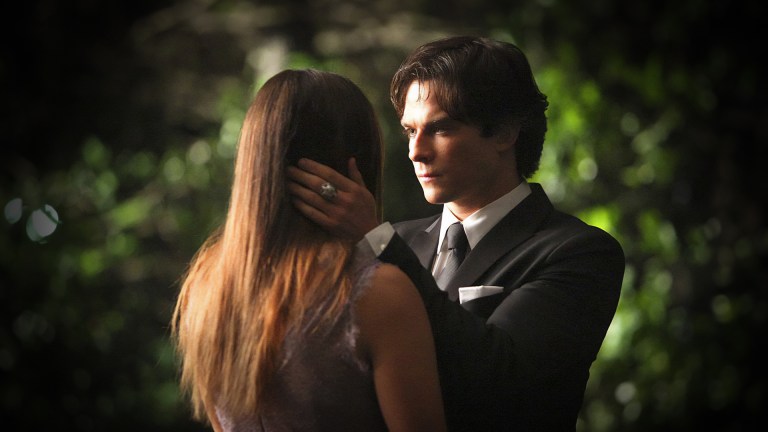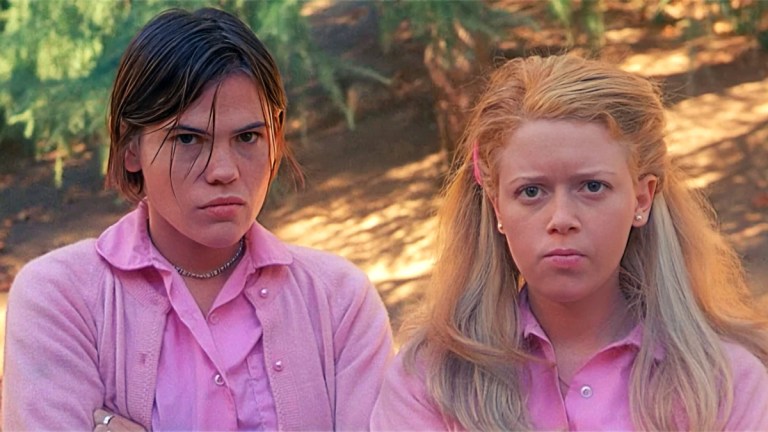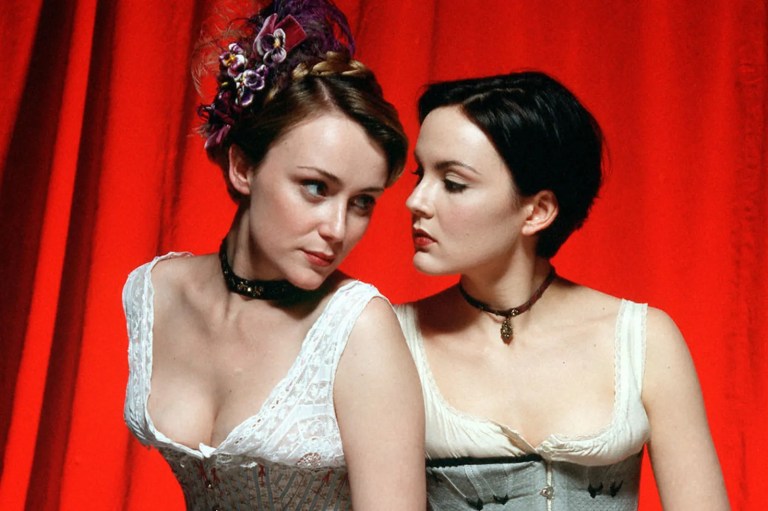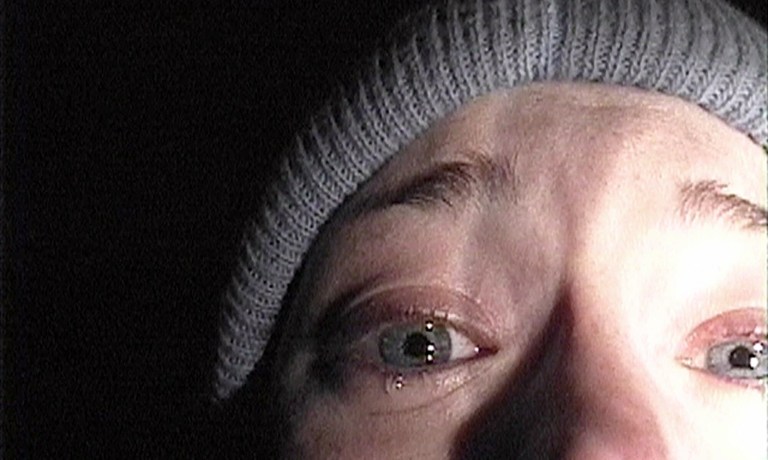
The Problem With Jennifer Lawrence’s Leaked Photos
In either instance, be it in their professional or personal lives, the victims of the leak were acting of their own agency. And this in itself is infuriating to the people who think that they shouldn't.
By ![]() Ella Ceron
Ella Ceron
Over the weekend, an anonymous hacker started spreading word that they had acquired hundreds of nude photographs of more than a hundred actresses, reality stars, and models (plus one actor), all with varying degrees of fame. Some of the images made their way, as images on the internet do, to Twitter and other social media sites, and gossip sites posted censored versions of the pictures. (Some sites then took down the images, especially after spokespeople for the stars threatened to press charges. Gossip site Perez Hilton’s change of heart in keeping the images up is a pretty close glimpse at that change of editorial.) Twitter and other social sites have been suspending accounts that are reposting the images. Still, though, by the time that came into effect, people all over the Internet had probably saved the images to their own phones, shared them with friends, and kept the half-life of the leak alive. It’s the way the Internet works. Once something is out there, you can’t get it back. It’s there forever.
An important note here is that we are the propagators of this issue. By talking about it, we are drawing attention to it. By drawing attention to it, we increase the risk that someone who has not seen the photos or heard of the scandal might go and look for them. It’s a sordid cycle, and by doing that, and actively consuming these images, you’re not only violating these women a million times over again, but aiding a sex offender, not just a hacker.
The thing is, however, that means that the victims of the leak — the women whose phones and iCloud accounts and personal lives were hacked into – are being turned into victims over and over again, mostly by the people who claim that they deserve the photos being made public because they “should know better.” Because sharing something intimate with someone whom you love is, essentially, “asking for it.”
In the history of technology, though, that’s not how things work. Things you send in text messages to friends aren’t the same texts you send to family members, and neither of these are the tweets you send to the world at large on Twitter. Images you post to Facebook aren’t necessarily the ones you post to Instagram, and neither are the images you like or reblog on Tumblr. Each channel of communication is its own medium, and no matter if it’s a personal or a brand account — or even if you yourself are a brand — there are different pros and cons to sharing everything or nothing. One of the benefits of technology — and therefore, of social media — is that it lets us feel connected to each other, but only in the scope of what we want to share and with whom we want to share these things to begin with.
Jennifer Lawrence doesn’t even have a public Twitter or Instagram — she’s probably one of the only stars at her level in the social media age who don’t — and her privacy was still violated.
Literally, one person who went out of his way to offer the exact opposite of sympathy for one of the leak’s victims, actress Mary Elizabeth Winstead said, ‘Sorry but it’s not fair that only the guys of your choosing get to see the photos while the ugly, less fortunate guys do not.’ That’s not a matter of fairness, that’s the way life works.
You don’t need to share your life with everyone who wants to know about it, much less a stranger. You don’t even have to share your whole life with the Internet. It often feels like you do, because our world is connected 24/7 and it feels like if you’re not constantly letting everyone know what new and exciting things you’re doing, you’re not really living. But to share every tidbit of your world with everyone is not just exhausting, but invasive.
All of this sounds pretty common sense. All of this makes me want to wipe the word processor clean and start anew. Because it seems so basic, so elementary, that whatever Jennifer Lawrence or Kirsten Dunst did on their phones and shared selectively with whoever the photos were intended at the time, were private things that should not have been shared. That we don’t have the right to see the images, and that just because they sent a photo to someone doesn’t mean they wanted the whole world to see.
https://twitter.com/ThatSusanBurke/status/506200531488874496
Of course, nudity in Hollywood is no new thing. A number of the actresses and models on thei list have either featured in either topless or nude scenes in movies or in photoshoots, where their nudity serves as either a function to the storyline, or as an accessory to the shoot’s aesthetic. One of the names on the list, model Emily Ratajkowski, even owes a large portion of her fame to the ‘Blurred Lines’ music video in which she and other models danced around in little more than flesh-colored thongs and sneakers.
The difference here, however, is that these women signed agreements, had agency over the method in which these scenes and images were shot, and were compensated accordingly. And while I suppose you could issue a non-disclosure agreement to someone before you sent them a sexy photo of yourself, I would image that would kill the vibe really quickly. (Nothing like legal jargon to get someone hot and bothered.)
In either instance, be it in their professional or personal lives, the victims of the leak were acting of their own agency. And this in itself is infuriating to the people who think that they shouldn’t. Because to some people, women exhibiting their sexuality in a way that they want to be presented to the people they’d like to have sex with, is unheard of. That women are meant to be the accessories, not the agents.
To claim it is these women’s fault that images they took of their bodies were stolen from them is like saying it’s your fault you got food poisoning because you chose to pay to have a meal cooked for you at a restaurant. It’s like claiming that you should know better than to park your car on the street in front of your house because it might get vandalized. It’s like saying a girl who wears a skirt to a party deserves to be raped. It is, after all, a slippery slope.
Should you send naked photos to the world at large? Of course not. This is part of the reason why men who send unsolicited dick picks to women (and sometimes even complete strangers) are so easily ridiculed; it’s foolish and childish (not to mention that cyber-flashing is tantamount to sexual violation). But women aren’t about to send nude pictures to men they don’t know, partially because we’re already taught to know better. We’re constantly taught to be aware, to be on edge, to try to avoid our own rapes.
It’s definitely not wise to keep images of yourself on a server like iCloud, which is the one these photos were allegedly sourced from (though the movie Sex Tape had a similar premise and was debunked by GQ’s Lauren Bans, so either the customer service rep was glossing things over, or the leaker was throwing a false scent). But just as you don’t give your cell phone out to everyone, you don’t have to share the contents of your cell phone, either. Your personal property, digital or physical, is yours.
If you’re more shocked that a person had something private on their phone, than you are at the fact that their privacy was violated, that’s a skewed set of priorities. With modern technology being what it is, it’s rare that people don’t have something on their phone that’s private, whether that’s a banking app with your information preset into it, or your work email, or a conversation with someone — whether or not that conversation includes naked photos. After all, if it’s so easy to hack into these 100+ stars’ phones, who’s to say yours isn’t next?
The problem here isn’t that they should have known better. It’s that this could happen to literally anyone, at any time, and saying we should know better is to say that it should happen. And it shouldn’t. Because in a world where privacy is an increasingly rare commodity, respecting one another’s private lives is about us all being better , not as people who self-police what we do and don’t do in our own lives, but in how we treat each other when someone thoughtlessly tries to ruin someone’s life. ![]()











